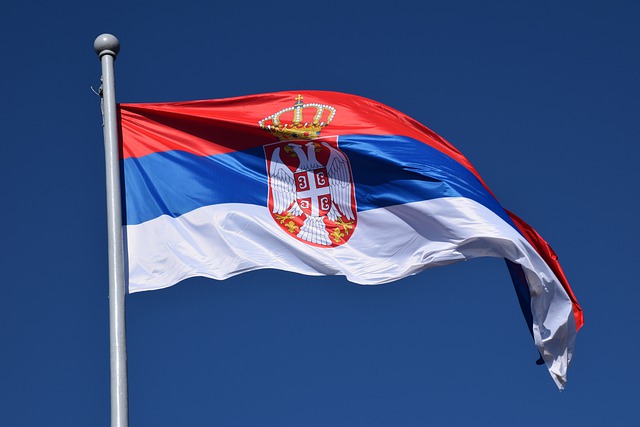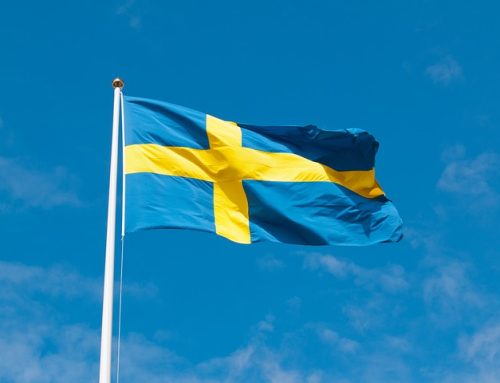August 25, 2023
This year’s span of eight months has already matched the count of work permits issued to foreigners in the entire preceding year.
The influx of foreign labor into Serbia has demonstrated a consistent upward trajectory in recent times. Zoran Martinović, Director of the National Employment Service, revealed that more than 32,000 work permits for foreigners have been granted since the year’s inception, nearly reaching last year’s total of 35,000.
Martinović highlighted that not too long ago, the presence of foreign workers with valid work permits in Serbia was almost negligible.
Serbia’s necessity for importing labor has become increasingly pronounced, dictated by the balance of supply and demand. When local labor markets fail to yield suitable worker profiles or an adequate workforce for industries that frequently require intense labor, employers resort to hiring foreign workers.
The sectors most frequented by foreign workers in Serbia are construction (including masons, carpenters, welders, and auxiliary construction workers), along with catering, agriculture, and driving roles.
Martinović emphasized the diverse spectrum of foreign workers who address the domestic labor shortfall, stating that this diversity is invaluable for the functionality of numerous economic sectors.
China has been the primary source of foreign workers for years, but lately, there has been a significant influx from Russia, India, Turkey, North Macedonia, Albania, Nepal, Sri Lanka, and Bosnia and Herzegovina.
The Ukrainian conflict has also had implications for Serbia’s labor market. Ukrainian citizens have found privileged positions and easier access to Serbia’s labor market. This has led to a notable increase in Ukrainian workers within the country. Russian citizens, on the other hand, have primarily gravitated toward the IT sector and have even established their own IT companies.
Addressing the impact of recent amendments to the Law on Foreigners on foreign employment, Martinović explained that the objective of these changes was to streamline the procedure and introduce a unified permit.
Starting from February 1st, 2024, regulations will be implemented to centralize the issuance of work and residence permits at police stations. Moreover, the National Employment Service will evaluate whether an individual meets the conditions required for a work permit.
In conclusion, the landscape of foreign labor in Serbia has transformed significantly, with increased numbers and a diverse range of workers filling essential roles and compensating for domestic labor shortages.
Source: Serbianmonitor.com
Legal Notice: The information in this article is intended for information purposes only. It is not intended for professional information purposes specific to a person or an institution. Every institution has different requirements because of its own circumstances even though they bear a resemblance to each other. Consequently, it is your interest to consult on an expert before taking a decision based on information stated in this article and putting into practice. Neither Karen Audit nor related person or institutions are not responsible for any damages or losses that might occur in consequence of the use of the information in this article by private or formal, real or legal person and institutions.






